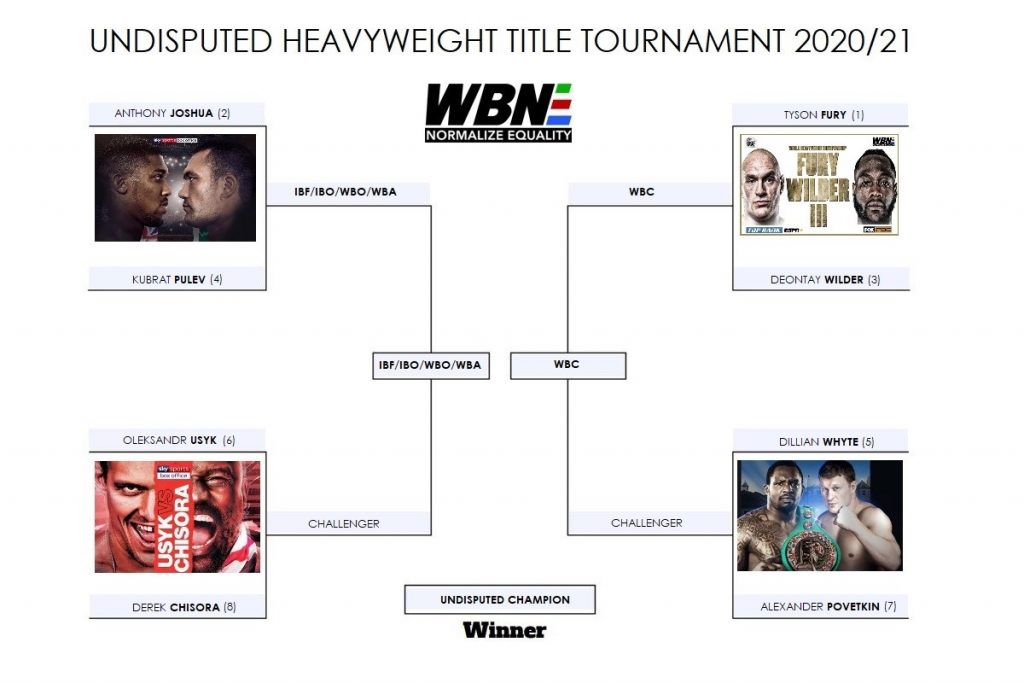
In a case of life imitating art, the zombie trend in entertainment is one that just won’t stay dead. From the shambling beginnings of Bela Lugosi’s White Zombie in the 1930s and George A. Romero’s smash hits in the 1960s to modern manifestations of the shuffling hordes, zombies have been a staple subgenre of horror for generations. But as with any trend that pervades, there need to be new ways of tackling the subject’s grey matter. Modern audiences expect more from their entertainment than they did in the 1930s – and myths stemming from Haitian folklore simply won’t cut it. So, what can we expect from the future of the zombie genre?
Zombies on Prime Time
One of the most important catalysts for zombie success in the future will be how the flagship zombie TV show fares. The Walking Dead began airing in 2010 to rave reviews, which then fluctuated over the past decade. Producers announced in 2014 that they had enough source material from the comics to sustain for another seven years (bringing them to 2021), while a more recent interview in 2018 saw network AMC’s CEO Josh Sapan announce the franchise would live for at least another ten years, up to 2028. The series still attains acceptable viewing figures – with 4 million tuning in for the tenth season premiere. This does, however, represent a decline of the 6.1 million that tuned into the ninth season opener and the 11 million who viewed season eight’s first episode. Meanwhile, Netflix’s Santa Clarita Diet (2017-2019) gave us a campier look at zombies with Drew Barrymore, but canceled the series after its three season run. Indian zombie flick Betaal was uploaded to Netflix in May 2020 and uses Indian folklore to breathe life into its zombies, who are an embodiment of British redcoat soldiers. Zombies sustaining life on TV in any format is an indication of the future of the zombie concept.
Zombies on the Big Screen
Internationally, zombie films have seen some success and could be paving the way for an immersion of different flavour of zombie based on cultural depictions way beyond what we are used to. Foreign films have played well to western audiences (2019’s Parasite won the Best Picture Oscar), so it makes sense to delve into other folklore for their zombie films. The stand-out example is Yeon Sang-ho’s Train to Busan, the 2016 Korean film which saw a resurgence of western fandom after it was uploaded to Netflix. Train to Busan scored 94% on Rotten Tomatoes. So, the sequel rights were picked up by French production company Gaumont. Titled Peninsula, the film saw a July 2020 release in South Korea.
Starring Tyler Posey and Summer Spiro, 2020’s upcoming release Alone is a boy-meets-girl love story about two survivors who hole up in apartments across from one another, merging a traditional rom-com with the zombie genre. Game of Thrones’s Maisie Williams will be starring in an adaptation of Carrie’s Ryan’s book, The Forest of Hands and Teeth, which shows a walled community living through a zombie outbreak. This one is different as it depicts the aftermath of the initial outbreak and shows what society might look like contending with zombies in the midst while trying to allow people to lead as normal a life as possible.
Zombies as Entertainment
It’s not just the big and small screen, though; zombies have pervaded into other forms of entertainment and will continue to flourish here. Popular mobile app Zombies, Run takes the theme of running away from zombies and turns it into an interactive running game that helps increase the intensity of your runs whenever you hear the klaxon signaling zombies are approaching – as does its sequel. Online casino players can turn to zombie-themed slot game Lost Vegas, which takes the zombie theme and infuses it with a little comedy as well as the tension of slots gameplay. No discussion of zombies can be complete without delving into the video games they infest. With a slate of zombie battle games already out – Zombie Army Dead 4, The Last of Us 2 (not strictly zombie-zombies, but zombie-like creatures), and Resident Evil: Resistance – the future will see a new take on the genre. These will include 2021’s upcoming indie title from Vanimals, Undying, which takes a survivalist approach to the genre. The game focuses on a victim who has mere days before succumbing to a zombie bite. Shedding the genre of guns and ammo allows for a more emotional form of zombie story and gameplay.
Innovation Ahead
Ultimately, the future of the zombie genre will be twofold. Firstly, the depictions of zombies will be manifold, shifting and changing order to give us a zombie story with a difference. This could be a merging of genres or a foreign folklore-based take on the walking dead. Secondly, zombies will be presented to us in new formats – this could be through innovative new gameplay or even in formats we aren’t expecting to see zombies appear in. The zombie genre’s appeal essentially comes from the known quantity that fans can expect – so with this in mind, there will be no shortage of zombies in the future.

